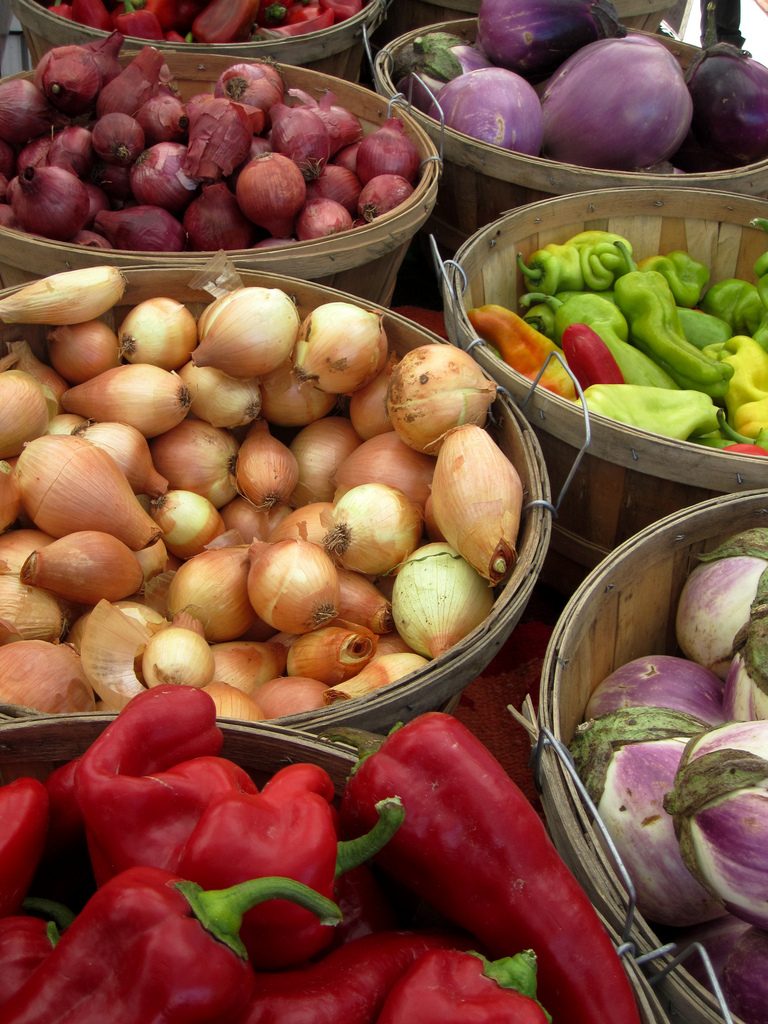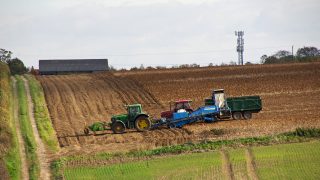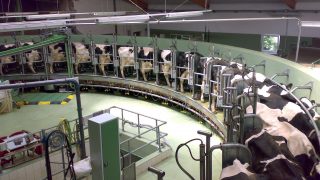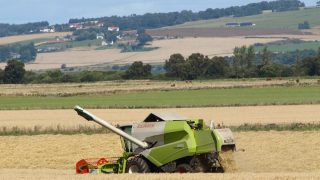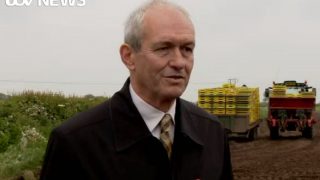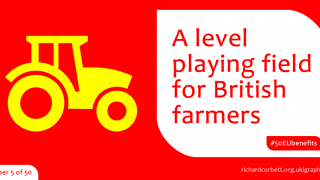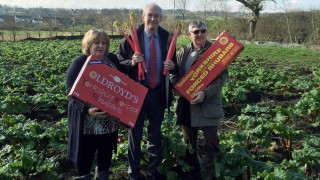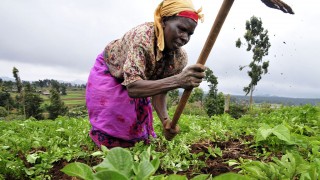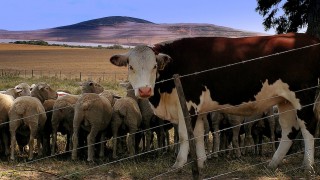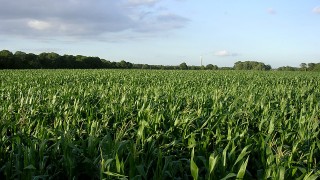The farming sector provides 7% of all EU jobs, and in 2013 had a net trade surplus of some €19 billion. And over half of all EU land is farmed — meaning agriculture is also important for our natural environments and rural communities.
-
The Common Agricultural Policy
Every modern western economy subsidises its agriculture, for reasons of security of supply, avoiding rural depopulation and environmental objectives.
In a single European market, it makes sense to agree a common system for this — otherwise every country would competitively subsidise its own industry. This would be far more expensive for everyone, as we would all try to match the country that spends the most (probably France!). An EU-wide policy ensures a level playing field.
We have said before that farmers would prefer to farm without the financial support they receive from the EU but the reality is that most don’t make enough from selling their produce in the marketplace — either at home or in export markets — for this to be possible.
Allan Bowie, President of National Farmers’ Union, Scotland
Reform
The Common Agricultural Policy has been substantially reformed.
It used to generate unused surpluses (butter mountains and wine lakes) and it accounted for nearly 70% of all EU spending. That share is now due to fall to 27% by the end of the decade, and currently sits below 40%, costing EU citizens 30 eurocents a day.
In its new form, the policy:
- gives farmers an agreed level of subsidy, provided they are compliant with environmental and food safety objectives
- complements this with a rural development policy to help strengthen and diversify rural economies
- encourages young people into farming
- provides grants to modernise machines and buildings, and quality and conditions of livestock
- funds research to help farmers make more with less
- protects regional foods with designation of origin labelling
- makes it easy to trace food origins and identify potentially dangerous products
- agrees trade deals with developing countries so they can benefit from the EU single market
Many farmers and politicians alike are calling for further reforms, including a more even application of spending rules to ensure payments to farmers in different countries don’t differ greatly.
Here in Britain, especially, there are calls for protections for farmers selling to supermarkets. 76% of the UK grocery market is dominated by the top 4 supermarkets. As a result, rather than supermarkets acting as passive conveyors of consumer demands, they control them. This leads to cancellations of orders, a lack of forewarning for promotions and discounts, and competitive price lowering which squeezes farmers’ incomes.
-
